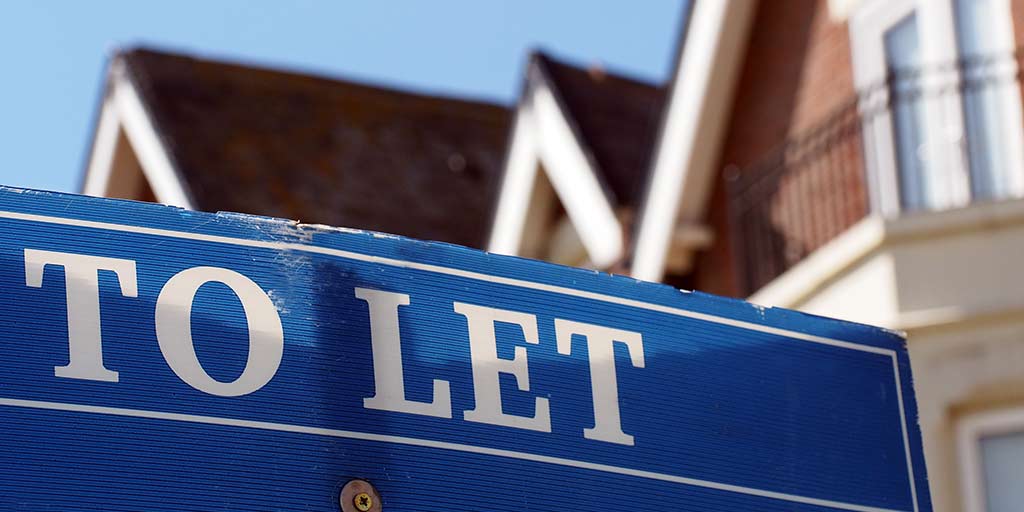
Category: government and politics government and politics
government and politicsHigh mortgage interest rates mean a house buyer with a 5% deposit will pay on average £300 per month more if they were to buy a house, rather than rent one, according to a leading estate agent. We look at the knock-on implications for private landlords.
According to Hamptons, no matter where you live in the UK, renting is still cheaper than buying, for a lot of prospective first time buyers.
The amount to which renting outstrips buying varies significantly, depending on what part of the country you live in, with the South seeing the greatest increase between renting and buying.
Regional variance between buying and renting
The overall average UK monthly rent is £1,337, whilst the equivalent average monthly cost of a mortgage is £1,637.
Regional variance follows an expected pattern, based property prices
The gap in cost is smaller north of the Midlands. Scotland, the North of England and Yorkshire and the Humber all have a narrower difference between the costs of buying and renting, where it is less than £100 per month more to buy than rent.
The Midlands has a wider gap in cost, at £117-£122 more per month to buy rather than rent.
In the South West, a first time buyer would pay £341 more to buy a property similar to the one they rented per month.
At its greatest divide and with its typically higher property costs, data for London showed that the cost of buying is £775 per month more than to rent.
Mortgage guarantee schemes won’t help
Hamptons head of research, Aneisha Beveridge, points to the election pledges of Labour and the Conservatives, with each party pledging to introduce mortgage guarantee schemes, and echoes the criticism levelled at such schemes, pointing out that the data demonstrates why they won’t help first time buyers:
Both the Labour and Conservative Parties have included mortgage guarantee schemes in their manifestos to boost the availability of 95% loan to value deals.
However, their effectiveness will probably be determined by Threadneedle Street rather than Downing Street. The extent to which the Bank of England reduces rates will shape the numbers of would-be buyers with small deposits more than the best designed government policy.
So whilst each of the leading political parties promise to help first time buyers find a deposit, the data from Beveridge’s company demonstrates that buying will be more expensive.
With house prices increasing by over four times since 1997, but earnings only doubling, the majority of would-be first time borrowers would not pass mortgage lender affordability checks.
What are the implications for landlords?
It is a long recurring theme for private landlords. Fundamentally, buying a house is out of reach for a large proportion of people wanting the independence of their own home. The only avenue for achieving that goal is to rent.
Many sources debating the situation conclude that this can only mean private renting will remain in high demand as a result.
